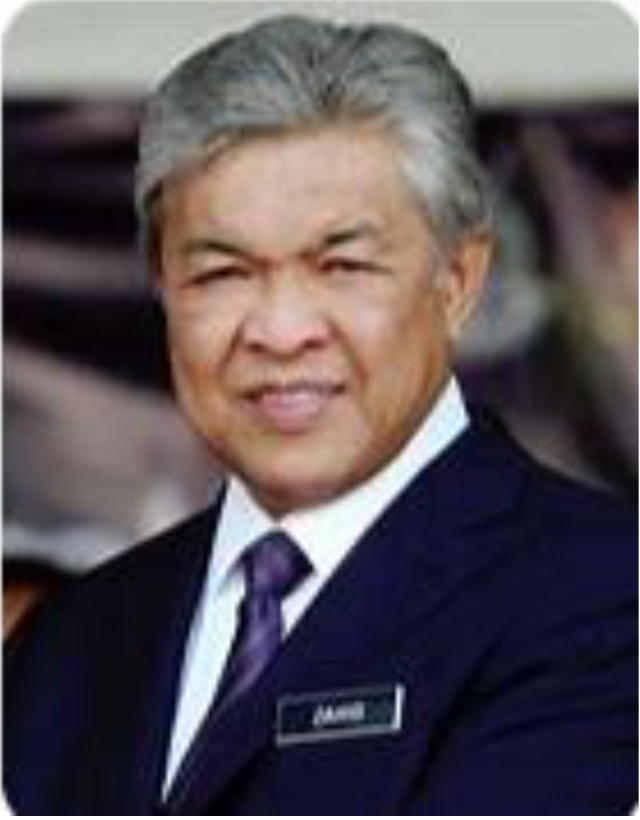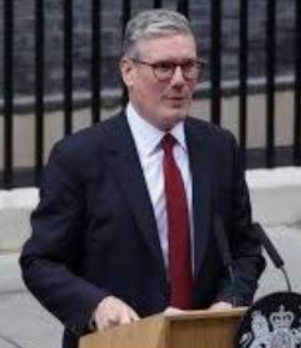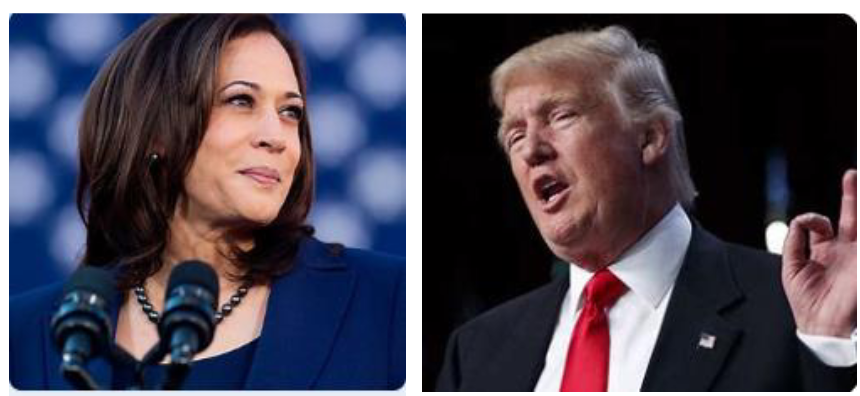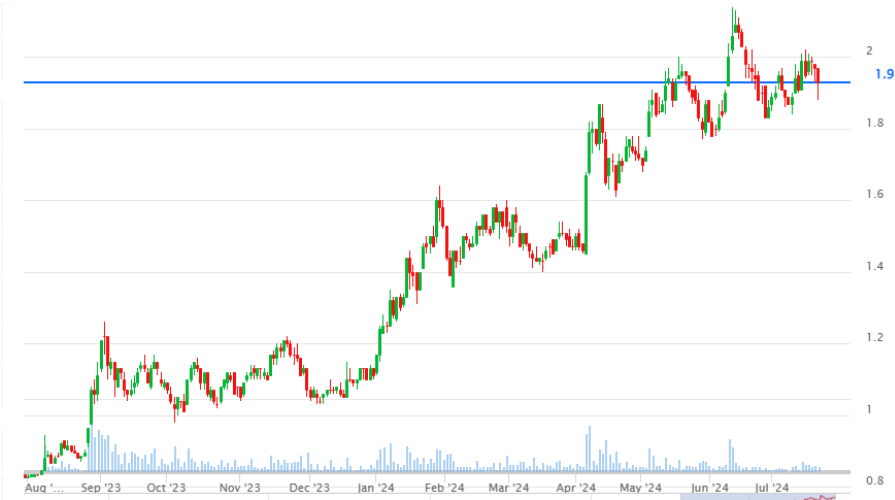The Opium wars (How Hong Kong Began) - Koon Yew Yin
Koon Yew Yin
Publish date: Sun, 10 Nov 2019, 05:09 PM
About 2 months ago, I posted my article “How Hong Kong began” in which I wrote about China’s losses of the 2 opium wars. As a result, China suffered the humiliation and had ceded Hong Kong and Kowloon to the British Government. The British produced opium in India and sold it in all the countries around the world. China was the biggest market. When I was a boy in the early 1940s, I attended St. John Institution, Kuala Lumpur and every day I could see people were buying opium from a British sale outlet along High Street, KL.
In view of the prolonged riots in Hong Kong, many people wanted a copy of my article. Unfortunately, my article was in my old computer which was confiscated by the Police because I posted an article to criticize our Malaysian Government’s bloated civil servants. We have a total of 1.6 million civil servants, the largest per capita in the world. Under the circumstances, I have to write about the opium wars again.
Hong Kong's protests started in June against proposals to allow extradition to mainland China. The critics feared this could undermine the city's judicial independence and endanger dissidents.
After I have seen the prolonged riots and how the protesters damaged the Bank of China ATM machines etc, it is also necessary to write this article especially for the protesters. Apparently, the protesters forgot the humiliation suffered by China in losing the 2 opium wars. As a result, China ceded Hong Kong and Kowloon.
From Google I copied the following for those who are interested to know the details:
The first Opium war left an indelible scar on China. The mainland lost Hong Kong and was forced to open up trade to foreigners.
In the 18th century, foreign trade with China was limited to Canton, modern-day Guangzhou. Foreigners were confined to towns outside of Canton, known as the '13 Factories', or Hongs (not really factories). British trade was run by the East India Trading Company; Chinese trade was dominated by the Hongs.
Here is a timeline of what happened:
1820 - Import of opium begins in earnest
China is willing to provide Britain with tea and other luxury goods, but is unwilling to accept anything but silver as payment. The British have to import silver from Europe or Mexico. They run into a trade deficit and seek ways to counter-trade. They find a solution in an Indian narcotic: opium. In the next few years, the amount of opium imported to China increases dramatically. Tensions arise because, in China, opium can only be used as a medicine. It has been banned as a recreational drug for more than 100 years.
April 1839 - Lin Zexu is sent to Canton and 20,000 chests of opium are burnt
Emperor Daoguang sends government official Lin Zexu to Canton. He has already cracked down on the use of opium in Hubei and now focuses on Canton. Lin asks the British to surrender all their opium and sign an agreement to stop trading in the drug. Charles Elliot, the British superintendent of trade, agrees and promises the merchants they will be compensated by the British government. But he has no authority to sign the bond, and he wants the British to be allowed to trade along the eastern coast of China and not be confined to Canton. He threatens to stop trade until a compromise is reached. But some traders who are not dealing in opium sign the deal.
July 1839 - The Kowloon Incident
A crew of American and British sailors arrives in Kowloon in search of provisions. They get drunk on rice wine and kill a man. Lin demands that the sailors be tried in a Chinese court, citing a Swiss law that gave them jurisdiction over all foreigners. Elliot refuses and delays their sentencing, eventually giving them prison terms that were never to be met. Tensions increase.
1839 - The first shots
One British merchant ship that has lost faith in Elliot ignores the ban. Elliot blockades the Pearl River. A second ship tries to run the blockade. British ships chase after it and fire the first shots of what will become the Opium war. The Chinese navy tries to protect the merchant ship, which is not trading in opium, and a battle ensues. The Chinese suffer many losses; the British only one injury. This is the first battle of Chuenpee.
April 1840 - Motion to go to war passed
The British government, after much delay and debate, narrowly passes a motion for war against China. The war is funded by the government and seeks to force China to open up trade along the eastern coast.
Summer 1840 - The occupation of Zhoushan and first talks of Hong Kong's cession
British forces gather off the coast of Macau with Elliot and his cousin, George Elliot, in charge. The British occupy Zhoushan and its principal town Dinghai, fighting almost unopposed. Meanwhile, Lin has fallen from the emperor's favour.
January 1841 - Negotiations
Second battle of Cheunpee happens on January 17. Lin has been replaced with Imperial Commissioner Qishan who is eager to negotiate with the British. Elliot asks for seven million dollars over six years and several inland ports. Qishan agrees to give the British six million over 12 years, but rejects the possibility of inland ports. The British prepare for battle and Qishan reconsiders. They finally agree to the Treaty of Chuanbi which cedes Hong Kong Island and six million dollars to the British. This treaty is rejected by both governments. Fighting resumes along the eastern shore.
Summer 1842 - The Treaty of Nanking
British forces beat the Chinese right up to the Yangtze, and occupy Shanghai. The Chinese suffer many casualties and are forced to surrender. On August 29, the Treaty of Nanking is signed, five ports (Canton, Ziamen, Fuzhou, Ningbo and Shanghai) are opened and Hong Kong is ceded to the British.
More articles on Koon Yew Yin's Blog

Created by Koon Yew Yin | Aug 19, 2024
On 14th Aug 2024, I posted my article “Why people are rioting across UK”. Now I want to tell you why do people riot?

Created by Koon Yew Yin | Aug 19, 2024
If I knew politicians are so well paid, I should have been a politician. A few days ago, one old friend who migrated to Australia about 40 years ago, visited me. He told me that he was a Member of P..

Created by Koon Yew Yin | Aug 14, 2024
Riots have spread across numerous cities and towns in England, and in Belfast in Northern Ireland, over the last week in the worst outbreak of civil disorder in Britain for 13 years. Police have ma...

Created by Koon Yew Yin | Jul 30, 2024
The new poll, conducted between July 22-24 and released Sunday, found that Harris’s approval rating had surpassed Trump’s in Wisconsin, Pennsylvania, Minnesota, and Michigan. In Michigan, Harris was..
Created by Koon Yew Yin | Jul 30, 2024
As you can see below, a few people are using my name to promote sale of Initial Public Offer (IPO) shares before and after listing on Bursa Malaysia. You should not buy IPO shares because statistics..

Created by Koon Yew Yin | Jul 23, 2024
The most important criteria for share selection are technical analysis and financial analysis. The price chart below shows that KSL's share price has been going up from 88 sen to above RM 2.13...
Created by Koon Yew Yin | Jul 22, 2024
Recently one smart accountant pointed out to me that KP Property has millions of Redeemable Convertible Preference Shares (RCPS). This will affect its share price. I sold all my KPP shares to buy KSL.
Created by Koon Yew Yin | Jul 15, 2024
Currently Bahasa Melayu is taught in all Government sponsored schools. Bahasa Melayu is only good within Malaysia. All our overseas customers do not know Bahasa Melayu. I hope all our politicians...


Created by Koon Yew Yin | Jul 09, 2024








.png)









